The team that puts nature first
Leading research institutions join forces in favour of biodiversity conservation
Our entire consortium in one picture
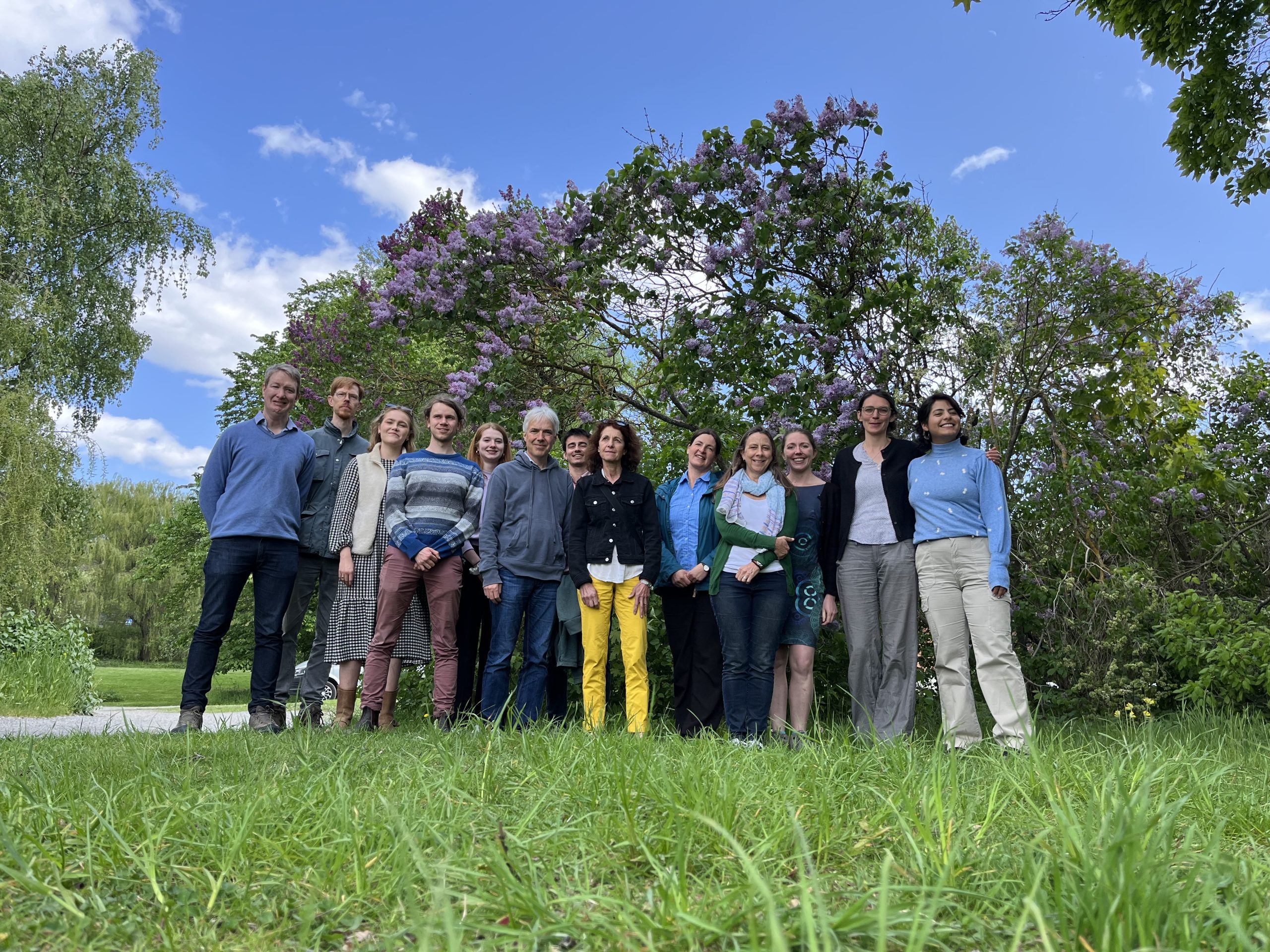
Alberto Arroyo Schnell
Institution: IUCN
Role: PI WP6
Aminta Estrada-Leyva
Institution: SU
Role: master student, project assistant WP7
Christopher Raymond
Institution: UH
Role: PI WP3
Erik Andersson
Institution: SU
Role: Coordinator, PI WP5
Margot Neyret
Institution: UGR
Role: Researcher, WP2
Marion Jay
Institution: UGÖ
Role: Researcher, WP3
Nicole Vikatmaa
Institution: UH
Role: master student
Pippin Anderson
Institution: UCT
Role: Co-PI WP1
Rory Taylor
Institution: UH
Role: master student
Sandra Lavorel
Institution: UGR
Role: PI WP2
Shirley Brooks
Institution: UWC
Role: Co-PI WP1
Viola Hakkarainen
Institution: UH
Role: Researcher WP3
Romina Martin
Institution: SU
Role: Management, Lead WP7, Researcher WP5
Tobias Plieninger
Institution: UGÖ
Role: PI WP4
Tommaso Demozzi
Institution: IUCN
Role: Junior Policy officer WP6
Wilfried Thuiller
Institution: UGR
Role: Researcher WP2
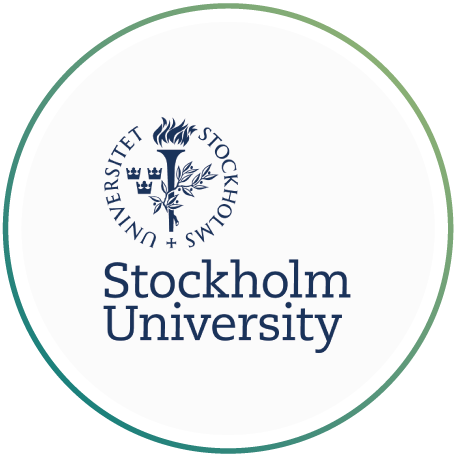
Stockholm University is a public research institution with over 33,000 students, one of the largest and oldest universities in Scandinavia. Stockholm University is responsible for coordinating the project and synthesising different approaches and insights inside the project.
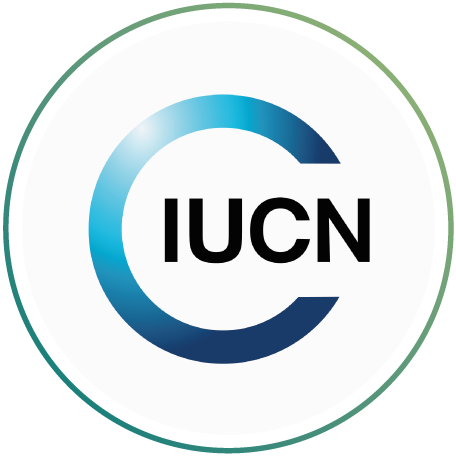
The International Union for Conservation of Nature is the world’s largest environmental organisation, working towards the conservation of the integrity and diversity of nature and its resources. The IUCN leads the communication and dissemination team, connecting the scientists’ work with policymakers and other stakeholders.


The Université Grenoble Alpes, located in the heart of the French Alps, works to strengthen the leadership in research and education towards an ecological and social responsibility.
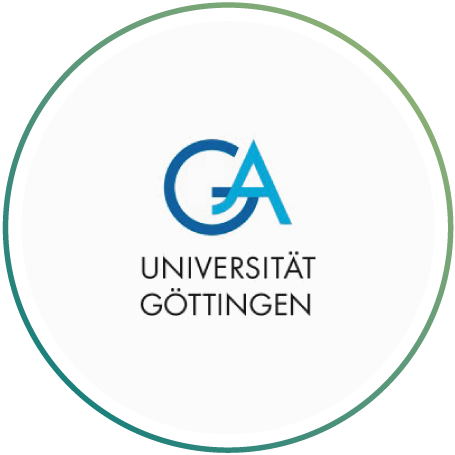
The University of Göttingen is an internationally renowned university, committed to the values of social responsibility of science, democracy, tolerance and justice. The University of Göttingen is in charge of assessing values of nature and their spatial contribution in the transition zones within and outside protected areas.
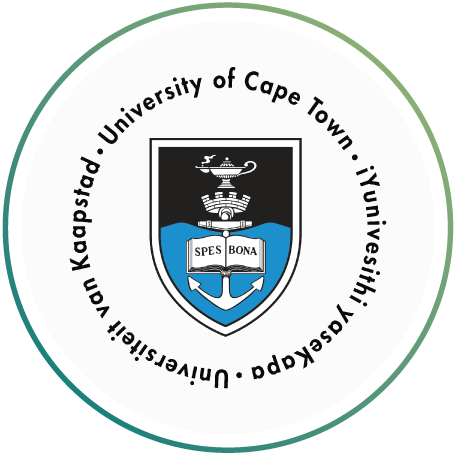
The University of Cape Town is the oldest university of South Africa, and is ranked 12th best university for development studies. The UCT leads the team for the evaluation of diverse modes of environmental governance for conservation, together with the University of Western Cape.
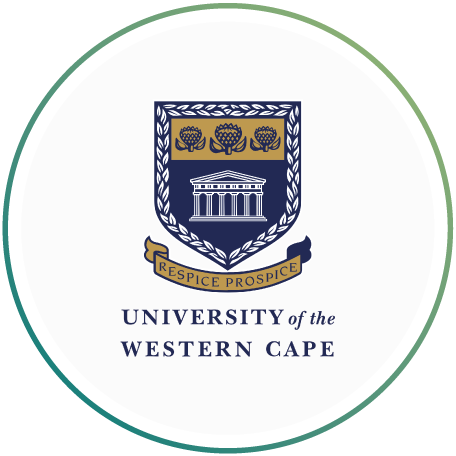
The University of Western Cape is a research-led academic institution with a strong priority to generate new knowledge. The UWC lead the team in charge of evaluating diverse modes of environmental governance for conservation, together with the University of Cape Town.
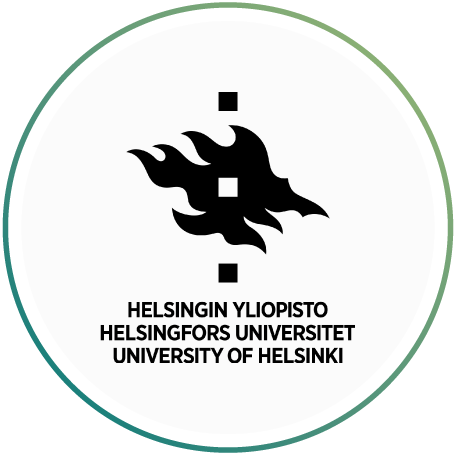
The University of Helsinki, as the oldest and largest academic institution in Finland, is an innovative centre of science and thinking. The University of Helsinki is in charge of creating dialogue around the formation of shared values and their conflicts, informing the management of the Stockholm and Cape Town cases.
Our entire consortium in one picture

Stockholm University is a public research institution with over 33,000 students, one of the largest and oldest universities in Scandinavia. Stockholm University is responsible for coordinating the project and synthesising different approaches and insights inside the project.

The International Union for Conservation of Nature is the world’s largest environmental organisation, working towards the conservation of the integrity and diversity of nature and its resources. The IUCN leads the communication and dissemination team, connecting the scientists' work with policymakers and other stakeholders.


The Université Grenoble Alpes, located in the heart of the French Alps, works to strengthen the leadership in research and education towards an ecological and social responsibility.

The University of Göttingen is an internationally renowned university, committed to the values of social responsibility of science, democracy, tolerance and justice. The University of Göttingen is in charge of assessing values of nature and their spatial contribution in the transition zones within and outside protected areas.

The University of Cape Town is the oldest university of South Africa, and is ranked 12th best university for development studies. The UCT leads the team for the evaluation of diverse modes of environmental governance for conservation, together with the University of Western Cape.

The University of Western Cape is a research-led academic institution with a strong priority to generate new knowledge. The UWC lead the team in charge of evaluating diverse modes of environmental governance for conservation, together with the University of Cape Town.

The University of Helsinki, as the oldest and largest academic institution in Finland, is an innovative centre of science and thinking. The University of Helsinki is in charge of creating dialogue around the formation of shared values and their conflicts, informing the management of the Stockholm and Cape Town cases.